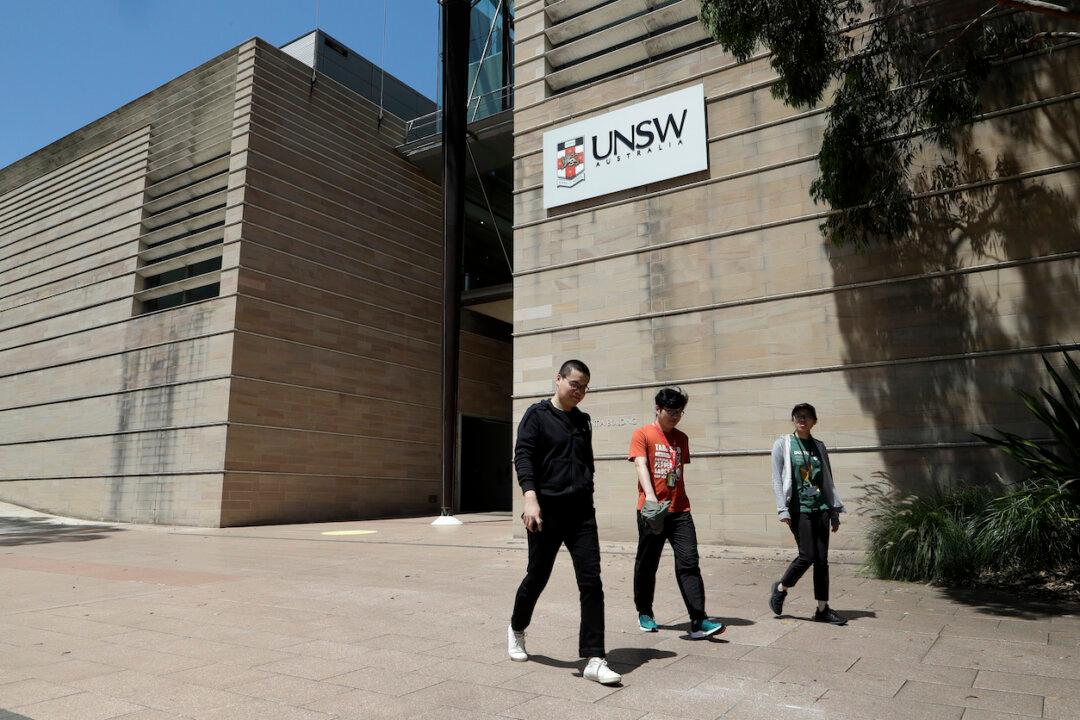More than a quarter of Australia’s student-visa holders remain overseas despite efforts to revive the country’s $37.6 billion pre-pandemic industry.
Figures from the Department of Education, Skills and Employment show that as of July 4, there were 420,369 primary student visa holders in Australia, 26 percent of whom were overseas.




